
Published by Vishesh Hospital

Explore the latest trends, symptoms, causes, and research on vitamin D deficiency in 2025. Understand risk groups, health effects, and recovery strategies
Vitamin D deficiency means the body has inadequate levels of vitamin D to maintain healthy bones, muscles, and overall wellbeing. This fat-soluble vitamin is crucial for calcium and phosphorus absorption, immune support, and cellular health. Deficiency is widespread—even in sunny countries—due to lifestyle shifts, limited sun exposure, and poor intake.
Vitamin D enables:
Strong bones and teeth (prevents rickets, osteomalacia, osteoporosis)
Immune system regulation
Muscle strength and balance
Heart and brain health
Lower risk of infections, some cancers, diabetes, and autoimmune conditions
Globally, over 1 in 7 people are vitamin D deficient, with rates even higher in certain regions.
A 2025 multi-country study reported that 15.7% of people have severe deficiency, while nearly half have vitamin D levels below optimal for bone health.
India, Middle East, northern Europe, and the elderly are most affected—levels remain low due to indoor lifestyles, pollution, clothing, and limited sun exposure.
COVID-19 lockdowns led to temporary spikes in deficiency, especially among youth, urban populations, and office workers.
Bone pain and muscle aches
Frequent illnesses or infections
Fatigue, weakness, or decreased mood
Hair loss, delayed wound healing
In children: growth delay, soft skull or leg bones (rickets)
In adults: increased fracture risk, muscle weakness, falls
Low sun exposure: Urban/rural indoor lifestyles, long winters, sunscreen use.
Darker skin: Less vitamin D production from sunlight.
Age: Older adults synthesize less vitamin D.
Obesity: Fat traps vitamin D, reducing bioavailability.
Digestive disorders: Crohn’s, celiac, liver/kidney disease impair absorption.
Medications: Some drugs (anticonvulsants, steroids) reduce vitamin D.
Exclusive breastfeeding: Infants risk deficiency without supplementation.
Rickets (children), osteomalacia (adults)
Osteoporosis and fractures
Weak muscles, chronic pain
Increased risk for respiratory infections, type 2 diabetes, certain cancers, autoimmune and cardiovascular diseases.
Simple blood test: Measures serum 25-hydroxyvitamin D ([25(OH)D])
Deficiency: <20 ng/mL (50 nmol/L)
Insufficiency: 20–29 ng/mL (50–75 nmol/L)
AI-powered testing kits and better availability of at-home diagnostic panels are trending in 2025 for large-scale screening.
Regular safe sun exposure: 10–30 minutes, 2–3x/week, depending on skin type and latitude.
Dietary intake: Include fatty fish, cod liver oil, egg yolk, mushrooms, vitamin D fortified milk and cereals.
Supplementation: Per healthcare advice; typical adult doses range 600–2,000 IU/day, higher for deficiency.
Address underlying medical conditions: Treat gut, kidney, or liver disorders.
Special populations: Pregnant women, infants, seniors need targeted prevention and supplementation.
Large-scale studies in Saudi Arabia and elsewhere show improving trends—public awareness, food fortification, and supplementation decrease deficiency rates, but urban youth and females remain highly vulnerable. – Source
WHO and global experts urge governments to make vitamin D deficiency prevention a public health priority—calling for mandatory fortification and education. – Source
2025 research links adequate vitamin D to reduced infection rates (respiratory, COVID-19), diabetes, and all-cause mortality. – Source
Appointment
Don’t let health concerns affect your quality of life. At Vishesh Hospital, we provide expert gynecology and orthopaedic care in Nagpur, offering compassionate support at every stage of life. Whether you’re managing women’s health needs, planning a pregnancy, or seeking advanced treatment for bones and joints, our experienced team is here to restore your health with confidence and care.

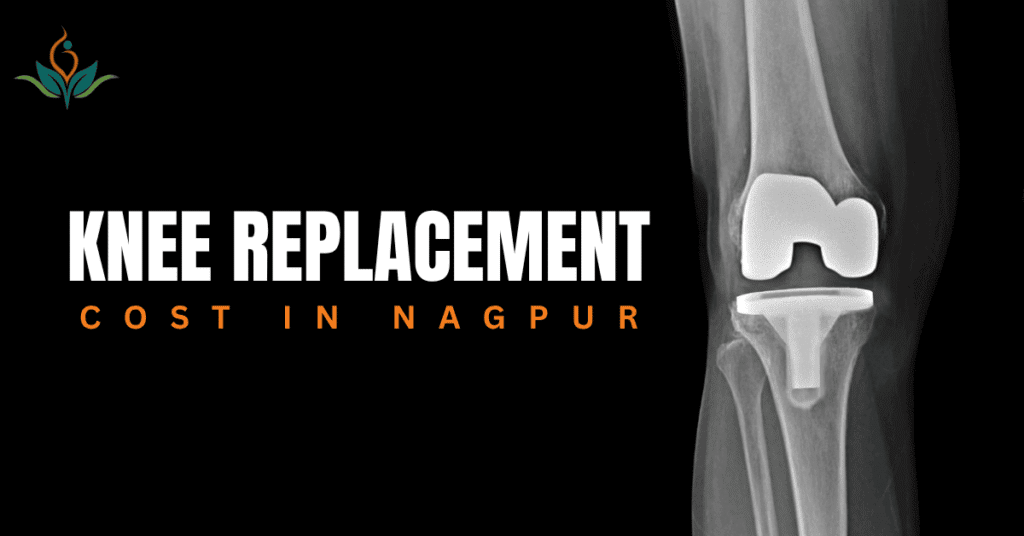


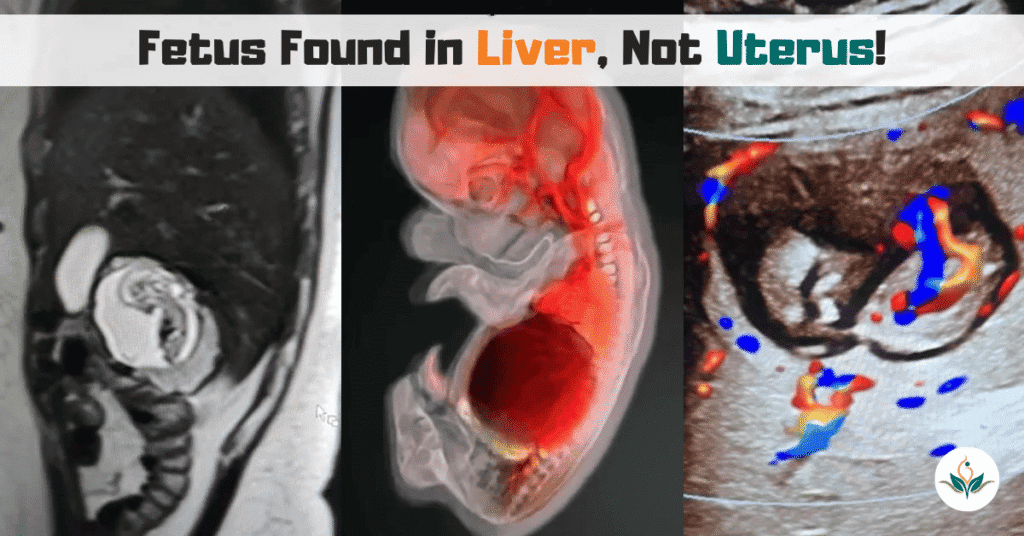
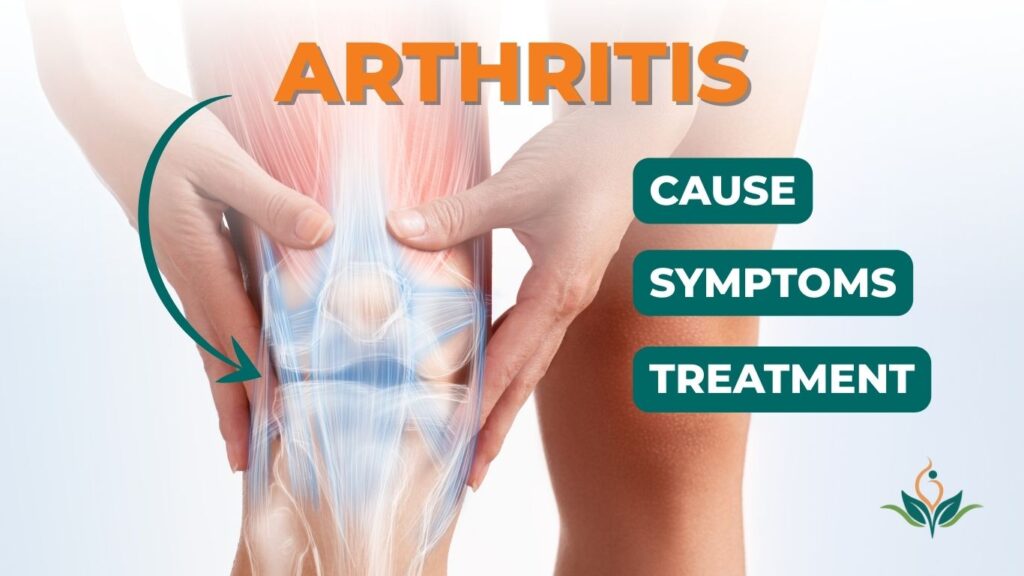

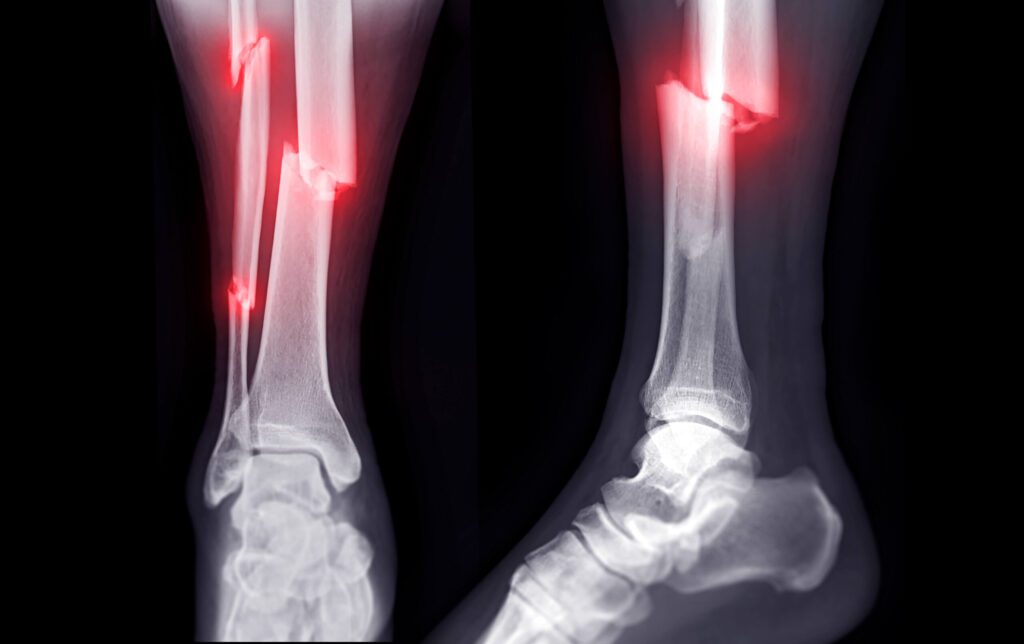

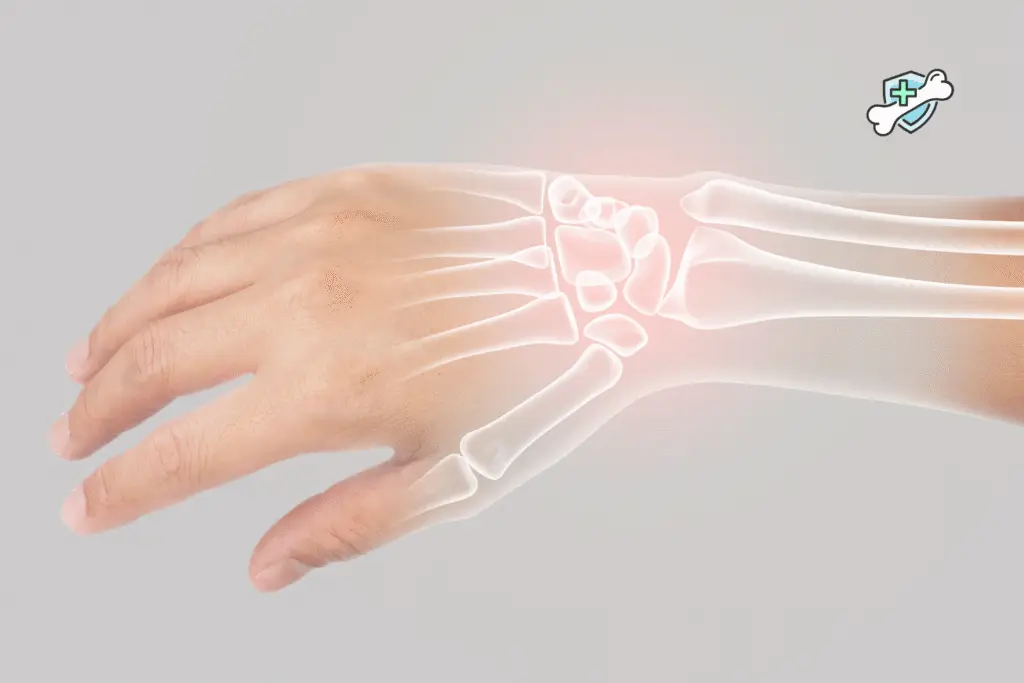

At Vishesh Hospital, we care with compassion, treat with dedication, and put every life first — because caring is at the heart of healing.
Copyright © 2025 Vishesh Hospital – Developed by Snyptech